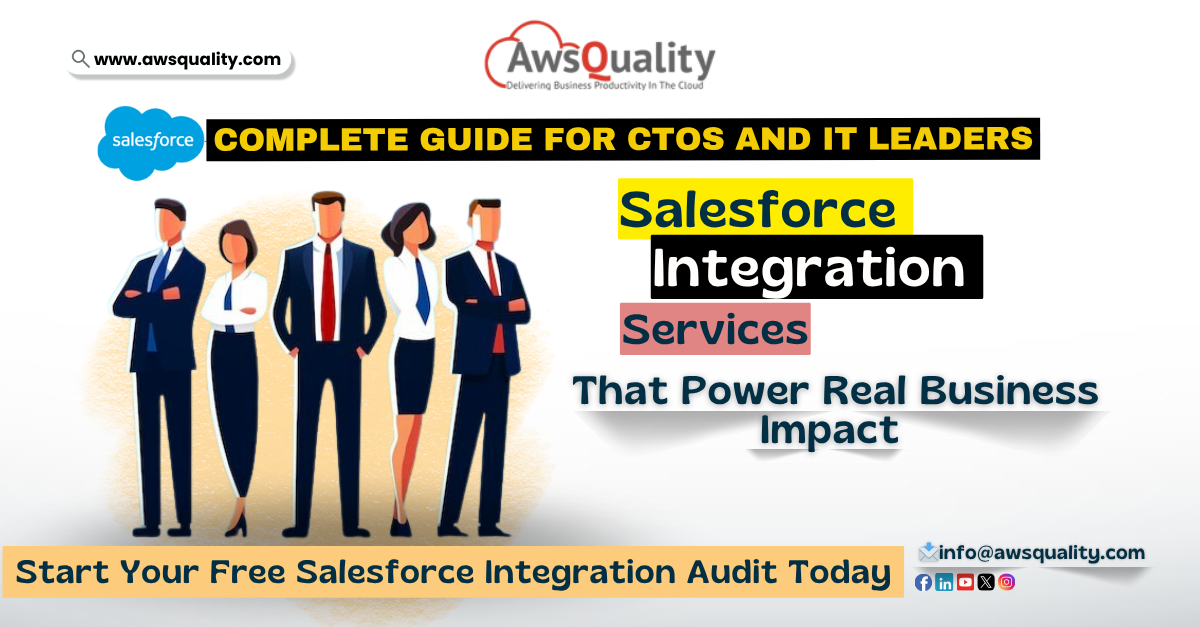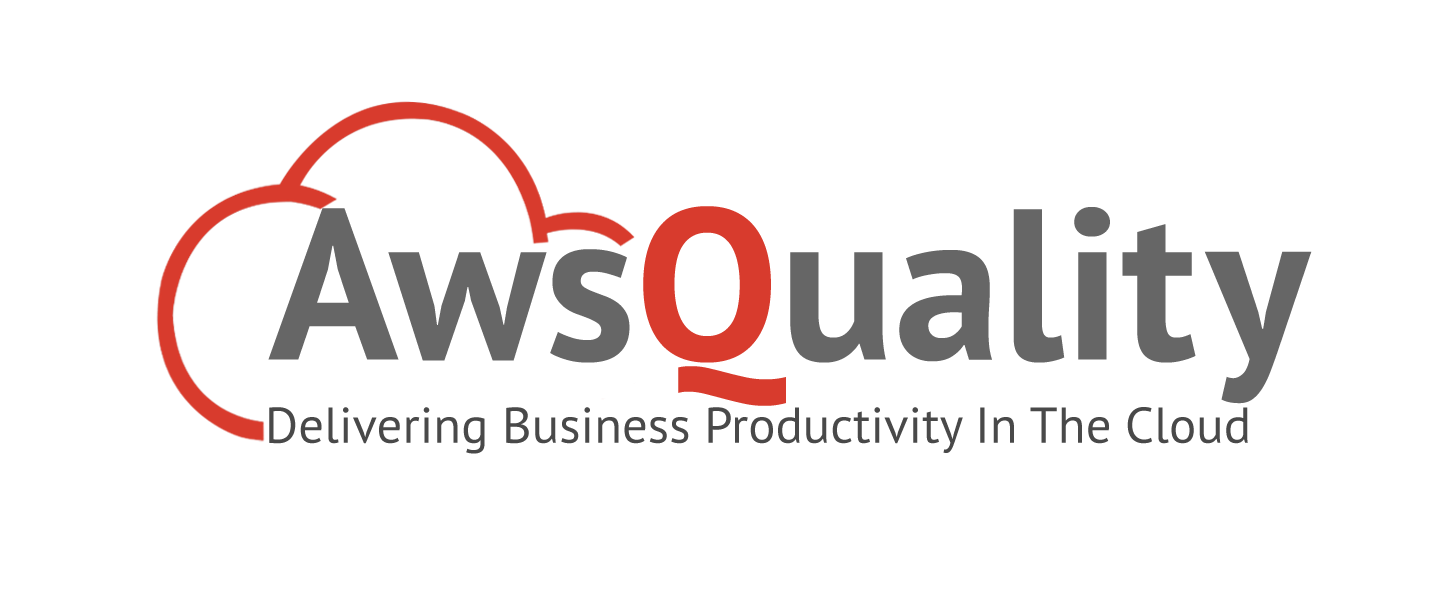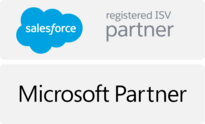
In a world where being on and staying connected is everything, we can’t accept flaky, spotty Wi-Fi in our homes. Whether you’re a CTO, IT director or technology decision-maker, integrating Salesforce with your existing business systems is essential for growth, innovation, and operational agility. At AwsQuality, a Top Salesforce Consulting Company in the USA, we specialize in delivering robust and scalable Salesforce Integration Services that help organizations unlock the full potential of Salesforce Cloud solutions. Salesforce integration isn’t just about linking platforms; it’s about building a unified digital ecosystem that empowers better decision-making, automates routine workflows and enhances customer experiences. From Salesforce Integration APIs and real-time syncs, all the way through to middleware solutions such as MuleSoft Composer and Zapier, companies have more options than ever before to inexpensively and effectively integrate their technology stacks.
Ready to explore a complete, SEO-optimized guide on Salesforce integration? This blog covers key patterns, tools, business benefits, integration roadmaps, and a detailed checklist designed specifically for the U.S. tech ecosystem. Discover why leading enterprises trust AwsQuality, rated highly on Clutch and Trustpilot, for best-in-class Salesforce consulting services. Email: info@awsquality.com / sales@awsquality.com.
What Is Salesforce Integration?
Salesforce integration refers to the process of connecting Salesforce CRM with other internal or external systems (ERP, marketing platforms, help desks, data warehouses, etc.) to enable seamless data sharing and workflow automation. This ensures your teams have consistent, real-time access to business-critical information across departments.
Popular Salesforce Integration Patterns
Understanding the right integration pattern is crucial. Here are the top Salesforce integration patterns used across industries:
- Batch Integration: Transfers large volumes of data at set intervals (e.g., every night). Ideal for legacy systems.
- Real-Time Integration: Enables instantaneous data exchange between systems.
- Bi-Directional Sync: Ensures updates reflect across both platforms.
- Mashups: Combines external and Salesforce data into a single UI (often using Visualforce or LWC).
- Broadcast and Aggregation: Distributes or consolidates data across multiple systems.
Each pattern supports different business needs and can be tailored to optimize data flow and minimize Salesforce errors or latency issues.
Types of Salesforce Integration Approaches
- App-Based Integration
- Tech: Apex (Salesforce’s Programming language) REST/SOAP APIs
- Tools: MuleSoft Composer, Zapier, Dell Boomi, Informatica, Jitterbit
- Use Case: No-code/low-code integration for fast deployment
- Benefits: Scalability, minimal technical overhead
- Code-Based Integration
- Tools: Apex (Salesforce’s proprietary programming language), REST/SOAP APIs
- Use Case: When custom business logic or security protocols are involved
- Benefits: Greater control, tailored functionality
- Hybrid Integration
- Combine app-based ease with custom Apex code for specific functions
- Combine app-based ease with custom Apex code for specific functions
Top Salesforce Integration Tools for Small & Mid-Sized Businesses (SMBs)
Affordable, scalable tools that support Salesforce cloud computing and cross-platform data workflows:
| Tool | Best For | Key Benefits |
| Zapier | General automation | Connects 3,000+ apps, no coding |
| SyncApps | Email & eCommerce | Real-time sync, Salesforce email integration |
| Make (Integromat) | Workflow automation | Drag-and-drop, budget-friendly |
| Tray.io | Custom workflows | Scalable and flexible automation |
| MuleSoft Composer | Salesforce-native integration | Built by Salesforce, low-code support |
Salesforce Integration API: A Deep Dive
APIs are the foundation of Salesforce integration. Here’s a quick breakdown:
- REST API: Lightweight and fast, ideal for web and mobile apps.
- SOAP API: Enterprise-focused, with strict data typing and error handling.
- Bulk API: Designed for handling large data loads.
- Streaming API: Delivers real-time event notifications.
- Metadata API: Enables configuration and schema-level changes.
Choosing the right API ensures error-free transactions, avoids common Salesforce issues today, and enhances Salesforce optimizer performance.
Pro Benefits of Salesforce Integration Services for Small Businesses
- Cost Efficiency: Reduce manual tasks and labor-intensive workflows.
- Faster ROI: Quicker deployment and quicker wins.
- Real-Time Data: Unified view across sales, marketing, and support.
- Simplified Operations: Automated lead routing, invoicing, and follow-ups.
- Scalable Growth: Start small and expand as needed.
Improved Collaboration: One source of truth for all teams. - Better CX: Personalization and faster customer response.
Benefits for Enterprises and CTOs
- Improved IT Productivity: Automation and integration free up developers.
- Error Reducing: Synchronization made in time can avoid repeated records and mismatch
- Scalability: Adapt integrations with new business units and tools.
- Enhanced Analytics: Better data means better decisions.
- Enhanced Innovation: Easily provision AI, CPQ and automation capabilities
Salesforce Integration Best Practices
- Define your integration goals early.
- Select the appropriate integration style according to the business requirements
- Use Salesforce-native tools when possible.
- Monitor API limits to avoid disruptions.
- Collaborate across departments.
- Test thoroughly before going live.
- Monitor for Salesforce errors or system downtime.
- Use the Salesforce Optimizer or a free Salesforce health check to examine performance.
Planning Checklist for Salesforce Integration
- ☑ Define business goals
- ☑ Identify system dependencies
- ☑ Choose push or pull data strategy
- ☑ Review API documentation
- ☑ Set data security protocols
- ☑ Select integration tools (Zapier, MuleSoft, Apex, etc.)
- ☑ Set up error logging and rollback plans
Why Choose AwsQuality as Your Salesforce Integration Partner?
AwsQuality is one of the Top Salesforce Consulting Companies in the USA and India. Here’s why businesses choose us:
- Clutch Verified: 4.9-star average rating (https://clutch.co/profile/awsquality-technologies-private#highlights)
- TrustPilot Reviews: Highly trusted by global clients (https://www.trustpilot.com/review/awsquality.com)
- Certified Salesforce Consultants: Skilled in Sales Cloud, Service Cloud, and CPQ
Free Salesforce Audit: Includes CPQ readiness and optimization - Personalized Integration Plans: Tailored to your stack and business logic
Email: info@awsquality.com or sales@awsquality.com
Common Salesforce Integration Challenges (and How We Solve Them)
| Challenge | AwsQuality Solution |
| Data duplication & sync issues | Real-time bi-directional sync + data validation |
| Slow performance | API optimization + caching techniques |
| Lack of scalability | Modular design + scalable cloud architecture |
| Salesforce error handling | Logging frameworks + error notification setup |
| Integration downtime or lag | Load testing, backup systems, rollback plans |
Conclusion,
Salesforce integration is more than just connecting tools—it’s about enabling smarter, faster, and more personalized business operations. Whether you’re a startup, SME, or large enterprise, the right integration strategy can dramatically enhance your data flow, automation capabilities, and customer engagement. From reducing human error and Salesforce issues to unlocking Salesforce cloud computing and CPQ potential, integration is key to future-proofing your business.
At AwsQuality, we offer tailored Salesforce integration services that match your existing tech stack, budget, and growth goals. As a Salesforce Consulting Partner trusted across the USA, we provide high-impact solutions that include real-time APIs, low-code tools, and custom logic via Apex. We don’t just connect systems—we build scalable bridges between your ideas and business outcomes.
Start your integration journey by utilizing our free CPQ audit and Salesforce health check. Together, let’s maximize your company. To begin, visit www.awsquality.com or send an email to info@awsquality.com or sales@awsquality.com




